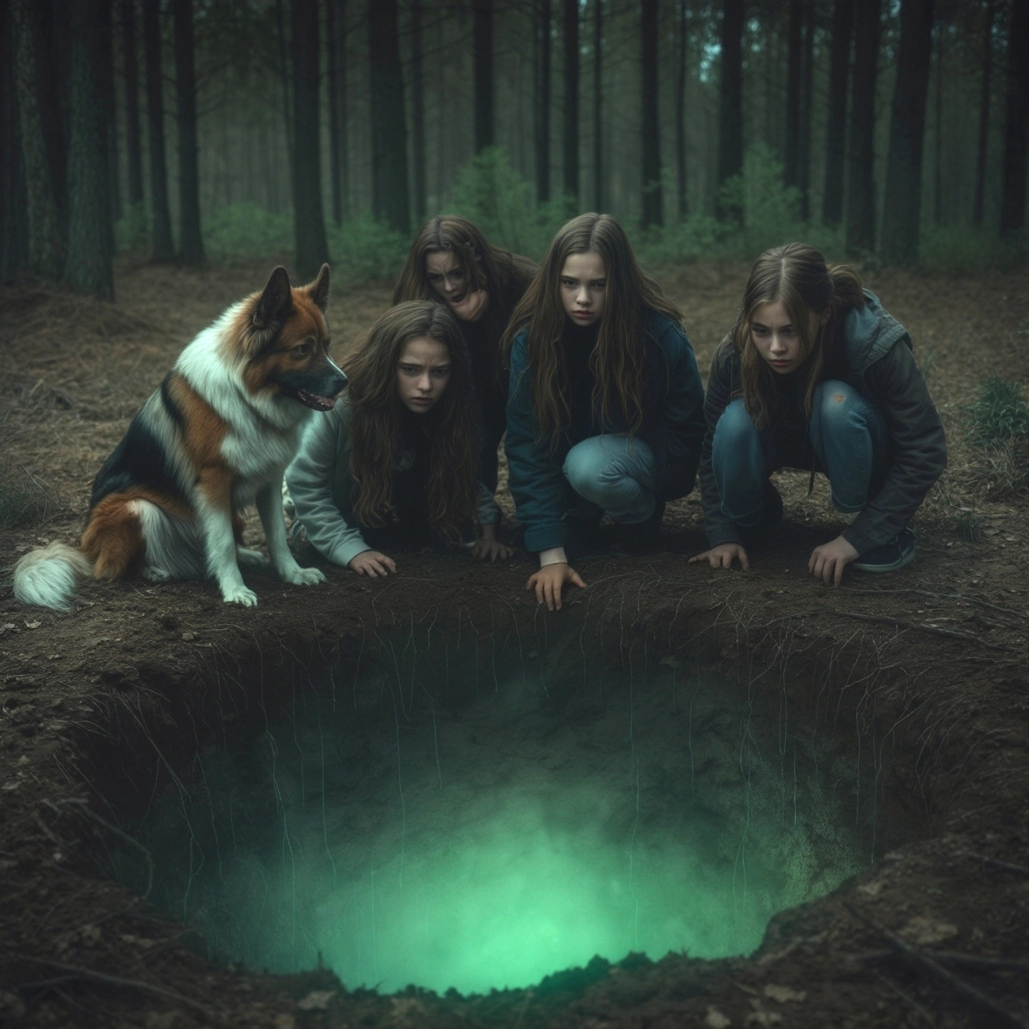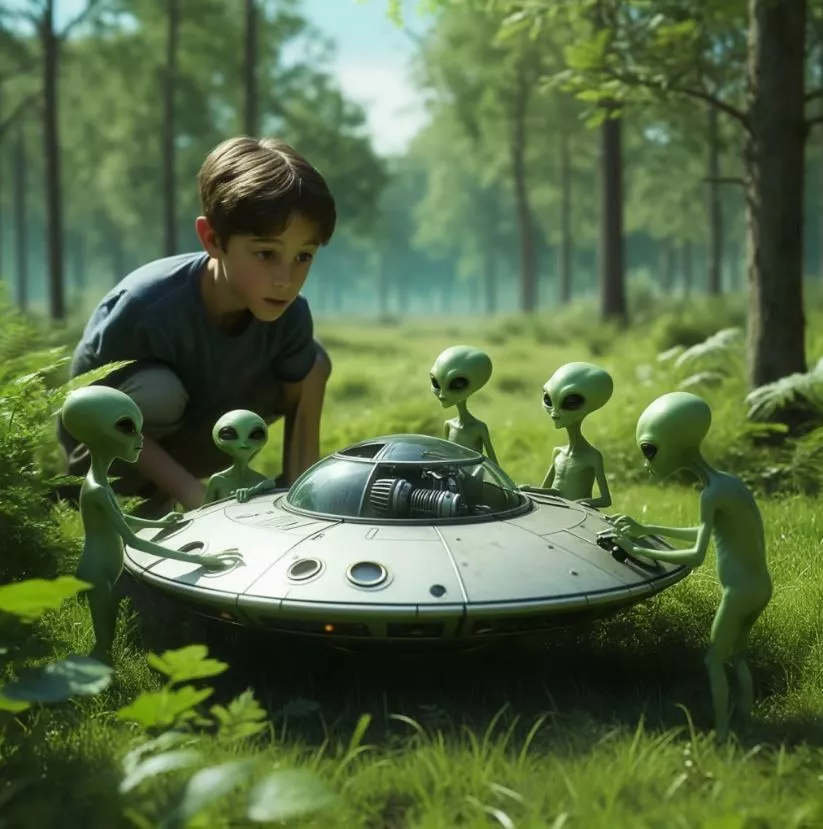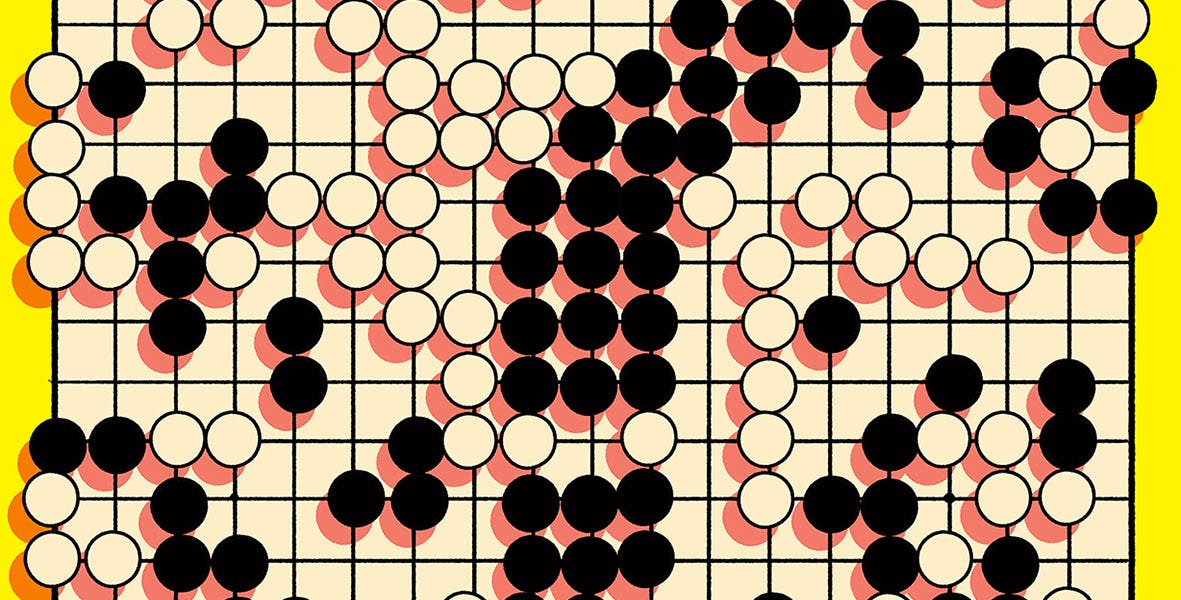"Machines of Loving Grace". Dario Amodei, CEO of Anthropic, wrote an essay about what a world with powerful AI might look like if everything goes right.
"I think and talk a lot about the risks of powerful AI. The company I'm the CEO of, Anthropic, does a lot of research on how to reduce these risks. Because of this, people sometimes draw the conclusion that I'm a pessimist or "doomer" who thinks AI will be mostly bad or dangerous. I don't think that at all. In fact, one of my main reasons for focusing on risks is that they're the only thing standing between us and what I see as a fundamentally positive future."
"In terms of pure intelligence, it is smarter than a Nobel Prize winner across most relevant fields -- biology, programming, math, engineering, writing, etc. This means it can prove unsolved mathematical theorems, write extremely good novels, write difficult codebases from scratch, etc."
"In addition to just being a 'smart thing you talk to', it has all the 'interfaces' available to a human working virtually, including text, audio, video, mouse and keyboard control, and internet access. It can engage in any actions, communications, or remote operations enabled by this interface, including taking actions on the internet, taking or giving directions to humans, ordering materials, directing experiments, watching videos, making videos, and so on."
"It does not just passively answer questions; instead, it can be given tasks that take hours, days, or weeks to complete, and then goes off and does those tasks autonomously, in the way a smart employee would, asking for clarification as necessary."
"It does not have a physical embodiment (other than living on a computer screen), but it can control existing physical tools, robots, or laboratory equipment through a computer; in theory it could even design robots or equipment for itself to use."
"The resources used to train the model can be repurposed to run millions of instances of it (this matches projected cluster sizes by ~2027), and the model can absorb information and generate actions at roughly 10x-100x human speed. It may however be limited by the response time of the physical world or of software it interacts with."
"Each of these million copies can act independently on unrelated tasks, or if needed can all work together in the same way humans would collaborate, perhaps with different subpopulations fine-tuned to be especially good at particular tasks."
Sounds to me like automation of all work, but he doesn't address that until nearly the end. Before that, he talks about all the ways he thinks AI will improve "biology and physical health", "neuroscience and mental health", "economic development and poverty", and "peace and governance".
AI will advance CRISPR, microscopy, genome sequencing and synthesis, optogenetic techniques, mRNA vaccines, cell therapies such as CAR-T, and more due to conceptual insights we can't even predict today.
AI will prevent or treat nearly all infectious disease, eliminate most cancer, prevent or cure genetic diseases, improve treatments for diabetes, obesity, heart disease, autoimmune diseases, give people "biological freedom" with physical appearance and other biological processes under people's individual control, and double human lifespan (to 150).
AI will cure most mental illnesses like PTSD, depression, schizophrenia, and addiction. AI will figure out how to alter brain structure in order to change psychopaths into non-psychopaths. "Non-clinical" everyday psychological problems like feeling drowsy or anxious or having trouble focusing will be solved. AI will increase the amount of "extraordinary moments of revelation, creative inspiration, compassion, fulfillment, transcendence, love, beauty, or meditative peace" people experience.
Economically, AI will make health interventions cheap and widely available, AI will increase crop yields develop technology like lab grown meat that increases food securty, AI will develop technology to mitigate climate change, AI will reduce inequality within countries, just as how the poor have the same mobile phones as the rich today; there is no such thing as a "luxury" mobile phone.
Regarding "peace and governance", he advocates an "entente strategy", "in which a coalition of democracies seeks to gain a clear advantage (even just a temporary one) on powerful AI by securing its supply chain, scaling quickly, and blocking or delaying adversaries' access to key resources." This would prevent dictatorships from gaining the upper hand. If democracies have the upper hand globally, that helps with "the fight between democracy and autocracy within each country." "Democratic governments can use their superior AI to win the information war: they can counter influence and propaganda operations by autocracies and may even be able to create a globally free information environment by providing channels of information and AI services in a way that autocracies lack the technical ability to block or monitor."
Finally he gets to "work and meaning", where he says, "Comparative advantage will continue to keep humans relevant and in fact increase their productivity, and may even in some ways level the playing field between humans. As long as AI is only better at 90% of a given job, the other 10% will cause humans to become highly leveraged, increasing compensation and in fact creating a bunch of new human jobs complementing and amplifying what AI is good at, such that the '10%' expands to continue to employ almost everyone."
"However, I do think in the long run AI will become so broadly effective and so cheap that this will no longer apply. At that point our current economic setup will no longer make sense, and there will be a need for a broader societal conversation about how the economy should be organized. While that might sound crazy, the fact is that civilization has successfully navigated major economic shifts in the past: from hunter-gathering to farming, farming to feudalism, and feudalism to industrialism."
Wish I could share his optimism that "civilization" will "successfully" "navigate" this "major economic shift". As those of you who've been hanging around me for any length of time know, I think the major effect of technology competing against humans in the labor market is decreased fertility, rather than an immediate drop in the employment rate, like everyone thinks because that seems more intuitive. He makes no mention of fertility in this context (he mentions it in the context of fertility treatments being something AI will advance), so I think it's not on his radar at all. He considers "opt-out" a "problem" whereby "Luddite movements" create a "dystopian underclass" by opt-ing out of the benifits of AI technology, yet it is the "opt-out" people, like the Amish, that today are able to maintain high fertility rates, and as such will make up the majority of the human population living on this planet in the future (something you can confirm for yourself by doing some math).
The original essay is some 14,000 words and my commentary above is just 1,000 or so, so you should probably read the original and get his full original unfiltered point of view.
Machines of Loving Grace
#solidstatelife #ai #agi #aiethics #technologicalunemployment










